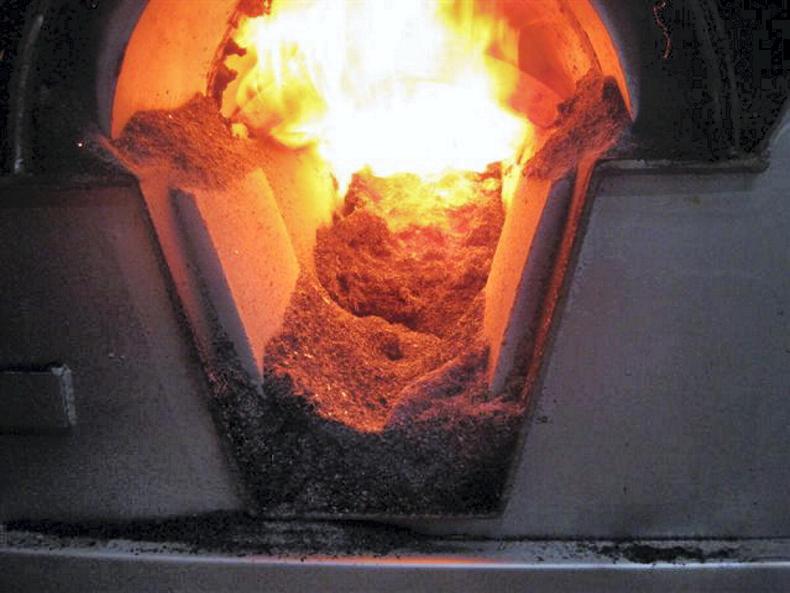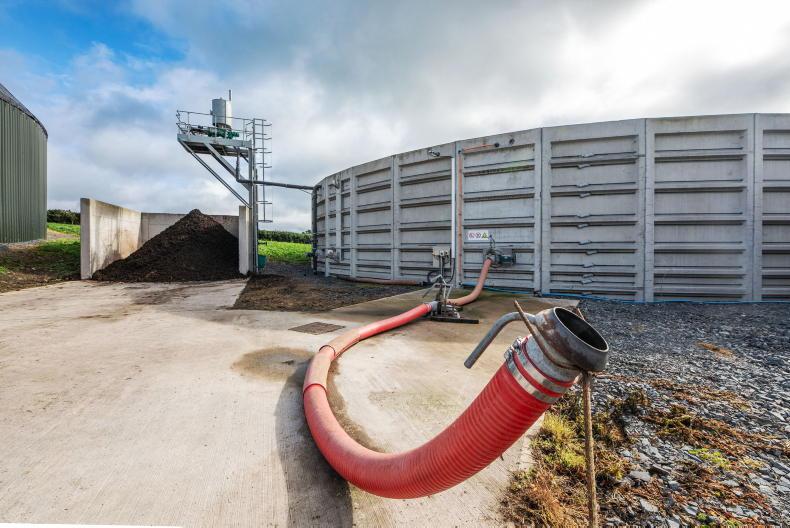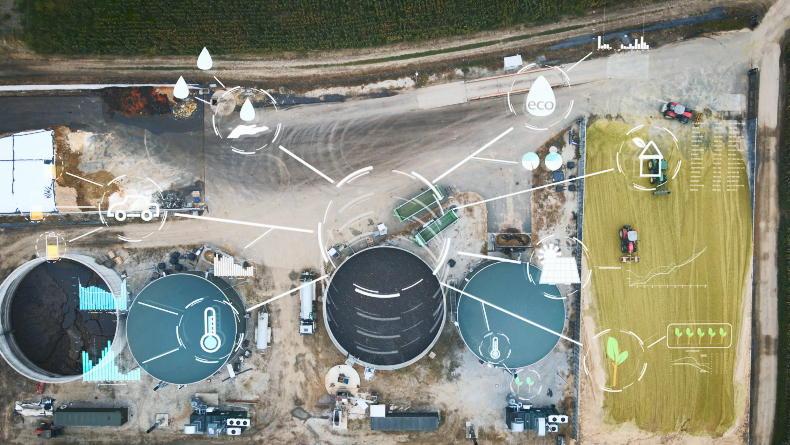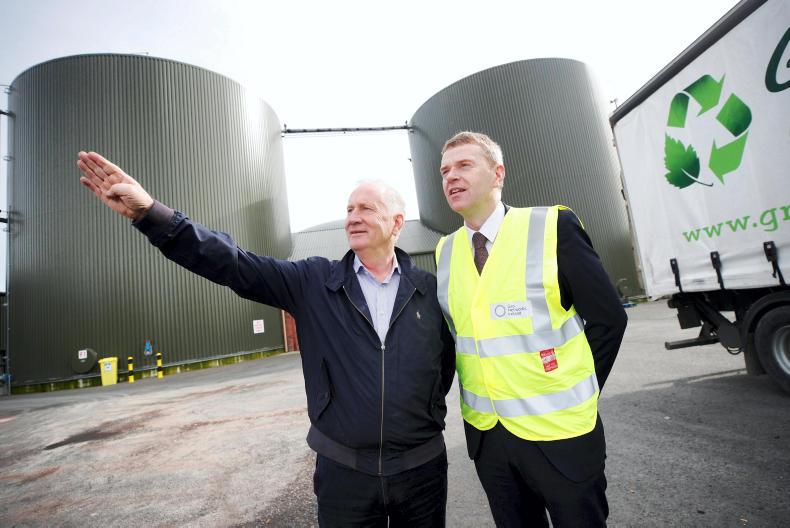What is the scheme called? I’ve heard of RHI and SSRH and I’m confused
The working title was Renewable Heat Incentive (RHI). However, after the controversy surrounding a similar scheme with this name in Northern Ireland, the Republic’s scheme was renamed Support Scheme for Renewable Heat (SSRH) at the last minute.
So are we protected from a “cash-for-ash” scandal in the Republic?
A lot of work went into designing the scheme to avoid this, which is one of the reasons for the delay. While there were insufficient limits on the amount applicants could claim under the NI scheme, the SSRH will include a number of controls:
The more heat you generate, the less you will get paid per unit of heat – so-called degressive tariffs.A cap will apply to the total payment available to each applicant.An overall budget cap will apply to the Government’s annual funding for the scheme.What sources of renewable energy are covered by the scheme?
At this point, three sources are included:
Biomass. This covers heating systems using fuels such as energy crops, timber by-products and woodchip.Biogas. This means gas produced in anaerobic digestors from the fermentation of agricultural products, such as slurry and grass, as well as waste. Many biogas projects will only be profitable if they can burn the gas in a combined heat and power (CHP) plant, with a separate payment for their electricity output. This will only be announced later next year.Heat pumps. These electrical devices collect heat from the ground, water wells or the outside air.While the biomass and biogas payments will be based on metered energy output, the support for heat pumps will be a once-off installation grant.
In a second phase, the scheme may support biomethane – a purified form of biogas that can be collected from the producer and used just like natural gas in canisters or in the national gas network.
There are no plans to support solar energy under this scheme, for example in rooftop solar water heaters.
Can I heat my home with renewables and enter the scheme?
No. The SSRH will subsidise professional users of heat only, whether that’s for space heating or industrial use.
Can I apply for the scheme as a farmer?
Yes, if you use heat for farming purposes. Pig and poultry farms as well as horticulture are most likely to be eligible. The scheme overview approved by cabinet this week mentions agricultural use. Detailed terms and conditions will be published next year, including the types of heat use and minimum size eligible.
How can I benefit as a farmer if I don’t use heat?
You can explore the market for energy crops. The logic behind the scheme is that demand from subsidised renewable heat users will support a wider industry. State-owned Bord na Mona has recently created a new bioenergy division to trade renewable fuels for external customers, separately from the supply chain for its own power stations.
The SSRH will guarantee support for up to 15 years, and Bord na Mona has in turn promised to offer 15-year contracts to suppliers of biomass.
Farmers may apply with producer groups or co-ops to reduce risk and increase their bargaining power in this new business.
How much will the scheme pay?
The highest payment will be for the first 300MWh of heat generated from biomass, at 5.66c/kWh. This will decrease as output grows and stop after 50,000MWh. For biogas plants, the highest rate is 2.95c/kWh for the first 1,000MWh. This will drop to 0.5c/kWh up to 2,400MWh and stop at that ceiling.
Businesses installing heat pumps will receive up to 30% grant aid.
Click here for a full table of rates and an example of payments for a poultry farm.
When will the scheme open?
The Sustainable Energy Authority of Ireland, which will run the SSRH, must draw up the detailed terms and conditions and submit them to the European Commission for state aid clearance. This is expected to take the entire first half of 2018, with the scheme hopefully opening in the middle of next year.
Do you have more questions anout the SSRH? Email thubert@farmersjournal.ie
Read more
Exclusive: renewable heat scheme approved
Special focus: energy
Full coverage: renewable energy
What is the scheme called? I’ve heard of RHI and SSRH and I’m confused
The working title was Renewable Heat Incentive (RHI). However, after the controversy surrounding a similar scheme with this name in Northern Ireland, the Republic’s scheme was renamed Support Scheme for Renewable Heat (SSRH) at the last minute.
So are we protected from a “cash-for-ash” scandal in the Republic?
A lot of work went into designing the scheme to avoid this, which is one of the reasons for the delay. While there were insufficient limits on the amount applicants could claim under the NI scheme, the SSRH will include a number of controls:
The more heat you generate, the less you will get paid per unit of heat – so-called degressive tariffs.A cap will apply to the total payment available to each applicant.An overall budget cap will apply to the Government’s annual funding for the scheme.What sources of renewable energy are covered by the scheme?
At this point, three sources are included:
Biomass. This covers heating systems using fuels such as energy crops, timber by-products and woodchip.Biogas. This means gas produced in anaerobic digestors from the fermentation of agricultural products, such as slurry and grass, as well as waste. Many biogas projects will only be profitable if they can burn the gas in a combined heat and power (CHP) plant, with a separate payment for their electricity output. This will only be announced later next year.Heat pumps. These electrical devices collect heat from the ground, water wells or the outside air.While the biomass and biogas payments will be based on metered energy output, the support for heat pumps will be a once-off installation grant.
In a second phase, the scheme may support biomethane – a purified form of biogas that can be collected from the producer and used just like natural gas in canisters or in the national gas network.
There are no plans to support solar energy under this scheme, for example in rooftop solar water heaters.
Can I heat my home with renewables and enter the scheme?
No. The SSRH will subsidise professional users of heat only, whether that’s for space heating or industrial use.
Can I apply for the scheme as a farmer?
Yes, if you use heat for farming purposes. Pig and poultry farms as well as horticulture are most likely to be eligible. The scheme overview approved by cabinet this week mentions agricultural use. Detailed terms and conditions will be published next year, including the types of heat use and minimum size eligible.
How can I benefit as a farmer if I don’t use heat?
You can explore the market for energy crops. The logic behind the scheme is that demand from subsidised renewable heat users will support a wider industry. State-owned Bord na Mona has recently created a new bioenergy division to trade renewable fuels for external customers, separately from the supply chain for its own power stations.
The SSRH will guarantee support for up to 15 years, and Bord na Mona has in turn promised to offer 15-year contracts to suppliers of biomass.
Farmers may apply with producer groups or co-ops to reduce risk and increase their bargaining power in this new business.
How much will the scheme pay?
The highest payment will be for the first 300MWh of heat generated from biomass, at 5.66c/kWh. This will decrease as output grows and stop after 50,000MWh. For biogas plants, the highest rate is 2.95c/kWh for the first 1,000MWh. This will drop to 0.5c/kWh up to 2,400MWh and stop at that ceiling.
Businesses installing heat pumps will receive up to 30% grant aid.
Click here for a full table of rates and an example of payments for a poultry farm.
When will the scheme open?
The Sustainable Energy Authority of Ireland, which will run the SSRH, must draw up the detailed terms and conditions and submit them to the European Commission for state aid clearance. This is expected to take the entire first half of 2018, with the scheme hopefully opening in the middle of next year.
Do you have more questions anout the SSRH? Email thubert@farmersjournal.ie
Read more
Exclusive: renewable heat scheme approved
Special focus: energy
Full coverage: renewable energy










SHARING OPTIONS